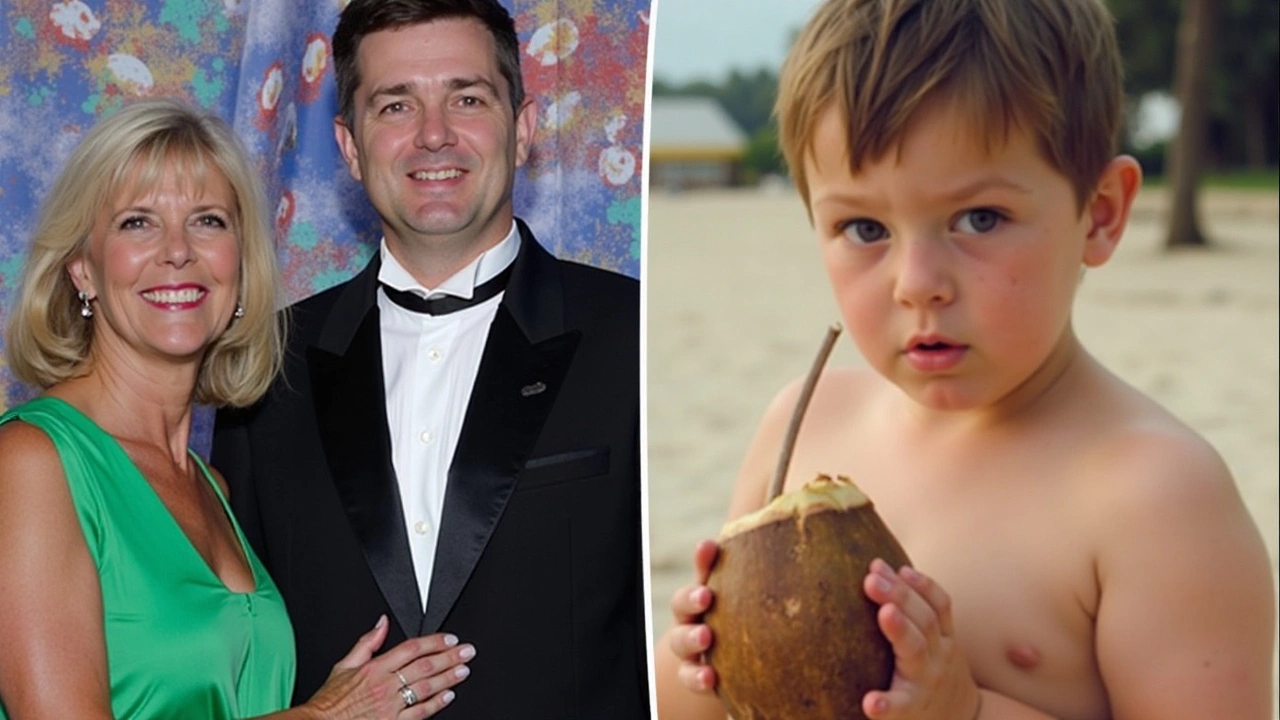
Introduction: A Tragic Loss in Malibu
The picturesque landscapes of Malibu have been marred by tragedy once again as the region grapples with the relentless threat of wildfires. In a heart-wrenching incident, the life of Rory Sykes, a 32-year-old former child actor who was both blind and had cerebral palsy, was claimed by the unforgiving blaze. This recent calamity has not only shattered a family but has also sparked conversations about systemic issues in emergency responses, particularly in safeguarding vulnerable populations.
The Life and Legacy of Rory Sykes
Rory Sykes was more than just a former child actor; he was an embodiment of resilience and bravery. Despite the challenges of living with blindness and cerebral palsy, Rory had carved a niche for himself in the entertainment industry, showcasing his talents in various roles that defied his physical limitations. From an early age, he demonstrated a tenacity that inspired those around him, becoming a beacon of hope for many in similar circumstances. His life, although short, was marked by moments of triumph against adversity, moments that now serve as a testament to his indomitable spirit.
A Heroic Sacrifice During a Chaotic Evacuation
The story of his untimely demise is as poignant as it is tragic. As the wildfires raged on, causing mass evacuations across the region, chaos was inevitable. In a moment that speaks volumes about character, Rory urged his mother to leave him behind. It was a selfless act, motivated by love and concern, driven by the belief that she needed to prioritize her own safety in the dire situation that unfolded. Such acts of sacrifice are rarely acknowledged in the face of disaster, yet Rory's decision reflects his enduring courage and empathy.
An Overwhelming Lack of Resources
What exacerbated the already perilous situation was the sudden and critical failure of essential public services—most notably, the water supply was cut off in the midst of fighting the fires. In communities already strained by the threat of advancing flames, the abrupt loss of water nearly crippled firefighting efforts, directly impacting outcomes in regions like Malibu. This incident highlights a stark reality: even in developed areas, emergency infrastructure can be woefully inadequate when natural calamities strike with force.
Emerging Lessons and Calls for Reform
The passing of Rory Sykes shines a spotlight on several key areas that demand urgent attention. California's fire seasons have been notorious for years, characterized by increasing intensity and frequency, making reform in emergency responses an exigent necessity. Experts argue that ensuring a reliable water supply during crises is non-negotiable, positing that lives hinged on these resources. Enhancements in evacuation protocols, particularly for individuals with disabilities, and greater community outreach are other priorities that have surfaced in the wake of this tragedy.

The Greater Context of California’s 2024 Fire Season
Looking at the broader picture of 2024's fire season in California, it is clear that this incident is not an isolated event. CAL FIRE’s incident archive notes significant destruction across swathes of the state, each inferno painting a harrowing picture of devastation. For those like Rory, who lived in fire-prone areas, the season is not just a statistical mark; it is a lived reality, a constant fear of the unpredictability inherent in fire's nature. Policy makers are increasingly under pressure to develop and deploy strategies that acknowledge these threats and respond proactively.
Conclusion: A Wake-Up Call
Rory Sykes' death is a stark reminder of the fragility of life, especially in an era where climate change exacerbates natural disasters. It is both a moment of mourning and a rallying call to action for communities, government agencies, and individuals alike. In remembering Rory, the best tribute lies in honoring his spirit and commitment to living fully despite limitations, by ensuring those who are most vulnerable are never left behind when disaster strikes. As conversations on reform gain momentum, the hope is that such tragedies can guide us towards a future defined by preparedness, empathy, and relentless resolve.